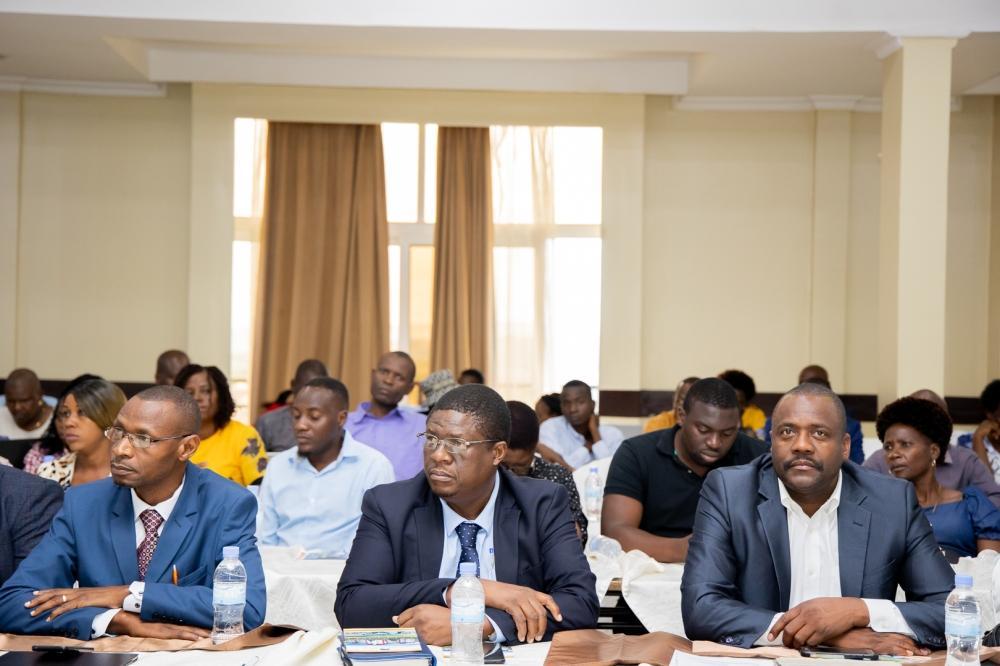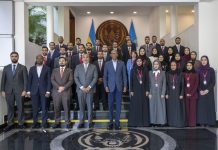Africa-Press – Rwanda. When Clemence Murorunkwere enrolled in a Teacher Training College (TTC) a few years ago, she did not expect to be taught by a teacher from Zimbabwe. However, the experience, she says, changed the way she viewed learning and language.
“He spoke no Kinyarwanda, so we had no choice but to communicate in English,” she recalled with a smile. “At first, it was challenging. However, we got used to it. And by the time I graduated, I was more confident teaching in English than I had ever imagined.”
Murorunkwere is one of many Rwandan graduates and students who have been taught by Zimbabwean teachers following the bilateral agreement between Rwanda and Zimbabwe that brought skilled educators into the country. The aim was to raise the quality of instruction, particularly in English, science, and math, by importing experienced teachers to strengthen pre-service training.
The initiative was born out of a 2021 Memorandum of Understanding (MoU) between the two countries. By late 2022, up to 157 Zimbabwean teachers had arrived in Rwanda.
Today, the majority of them are deployed in TTCs across the country, while others serve in Rwanda Polytechnic, University of Rwanda, and technical institutions. Up to 135 were deployed to TTCs, six to Rwanda TVET Board (RTB), 12 to Rwanda Polytechnic (RP), and four to University of Rwanda.
According to Leon Mugenzi, the Head of Teacher Development and Career Guidance at Rwanda Basic Education Board (REB), these teachers are playing a vital role in Rwanda’s education reform journey.
“They’re not just teaching; they’re mentoring, researching, and co-creating solutions with our local staff,” he told The New Times.
“Their influence is especially strong in improving English language instruction at the foundational level.”
According to Stéphanie Mukangango, the Secretary General of the National Teachers’ Syndicate (SNER), the difference is particularly visible in Teacher Training Colleges.
“English proficiency has improved among students, and local teachers are benefiting too,” she said. “It’s not about replacing Rwandan educators; it’s about learning from one another.”
The presence of Zimbabwean teachers aligns with Rwanda’s ongoing transition to English as the primary language of instruction, a shift that has faced both praise and challenges over the years.
Mugenzi emphasized that the government is not simply importing teachers. It is laying the foundation for sustainable quality education, he said.
“They also contribute to education research and help identify systemic gaps,” he said.
“This is part of a bigger plan to raise the standards of teaching and learning.”
What’s next?
The partnership has not ended yet. According to Mugenzi, plans are underway to recruit more Zimbabwean teachers for the next academic year.
“The government is committed to promoting foundational learning through pre-service training, hence the need to increase the number of teachers from Zimbabwe in TTCs as a basis for quality education,” he said.
For More News And Analysis About Rwanda Follow Africa-Press






